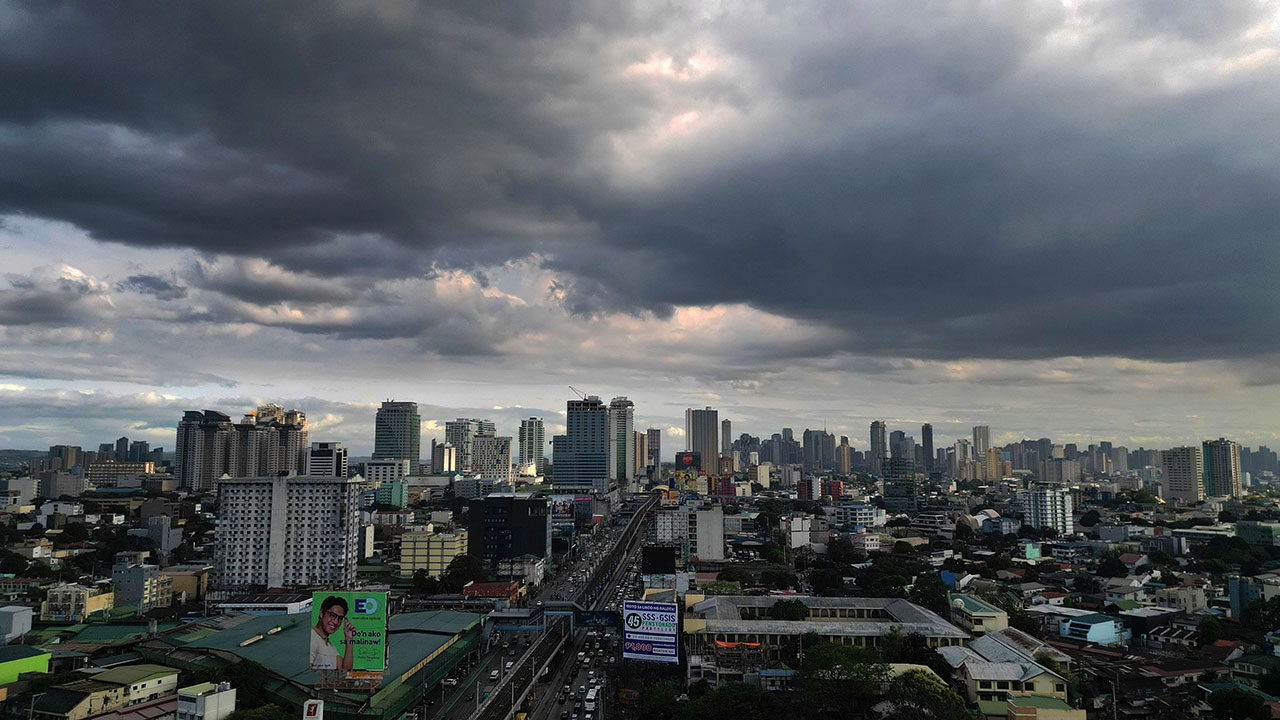
Upgrade to High-Speed Internet for only ₱1499/month!
Enjoy up to 100 Mbps fiber broadband, perfect for browsing, streaming, and gaming.
Visit Suniway.ph to learn

The International Monetary Fund (IMF) has urged the Department of Finance (DOF) to enhance its macroeconomic forecasting model as it said the agency lacks a comprehensive system for consistent policy analysis and forecasting.
This followed the IMF's recent scoping mission in the Philippines to assess the country’s macroeconomic forecasting capacity.
“The DOF plays a crucial role in fiscal policy-making but lacks a comprehensive macroeconomic framework for consistent analysis and forecasting,” said Fernando L Delgado, Marie Pierre Aquino Coste, Juan S Corrales, Alex Ho, and Felipe Zanna—authors of the high-level summary technical assistance report, published on March 28.
“Despite having a version of the IMF's Globally Integrated Monetary and Fiscal (GIMF) model, the DOF staff lacks the training to recalibrate or modify it,” the IMF said.
As of 2023, during the IMF's visit, it was found that the DOF “uses a limited version” of the IMF's GIMF model, “primarily for assessing the macroeconomic impact of tax policy changes.”
However, the staff’s lack of training has " limited” the model’s effectiveness.
Additionally, the IMF noted that “the existing tools do not adequately address the DOF's needs for comprehensive macroeconomic analysis and forecasting.”
As the technical assistance project's main beneficiaries, the multilateral lender said the DOF’s offices—the Office of the Chief Economist (OCE) and the Policy, Research, and Liaison Office (PRLO)—need a flexible model for macroeconomic policy analysis that can be easily customized and updated to reflect changes in the country’s economic landscape.
Alongside this, the IMF likewise noted the need for “substantial human capital development in macroeconomics and modeling within the DOF.”
“The technical staff, while diverse in academic background, lacks formal training in advanced macroeconomic theory and modeling techniques,” it further said.
DOF’s to-do list
To strengthen its macroeconomic analysis and forecasting, the IMF said the DOF should adopt the Comprehensive Adaptive Expectations Model (CAEM) .
The new model is “simpler, more transparent, and can be customized to fit the Philippines’ economic context and the DOF’s analytical needs. By adopting the CAEM, the DOF can enhance its ability to conduct policy analysis and improve fiscal planning.”
The IMF also recommended providing early training for the DOF’s core team to strengthen their macroeconomic and modeling skills.
This will equip staff with the expertise needed to develop and operate the CAEM effectively, supporting long-term capacity building and better policy decisions.
Ultimately, the IMF also said the DOF should establish a regular forecasting practice with clear processes and institutional support. This will help the agency maintain its forecasting capacity and respond effectively to economic changes.
For its part, the DOF had already agreed with the IMF mission team on an action plan to strengthen the agency’s economic forecasting skills by developing and applying the CAEM model. The plan outlines key outputs and timelines for its implementation.

 1 day ago
5
1 day ago
5



